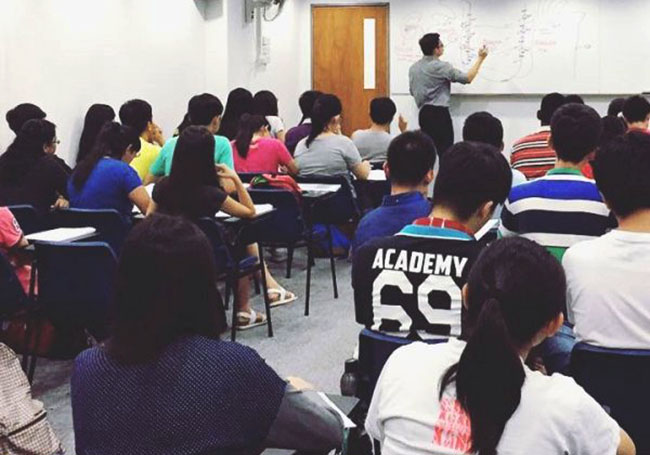
Tuition providers have traditionally built a name for themselves as a one-stop centre for intensive after-school learning.
They often conduct large classes for each of the 10-odd academic subjects taught in schools.
However, is this still the best way for tuition centres to operate, and more importantly, is this model still keeping parents happy?
As a father, I realised early on those parental expectations for delivering education are constantly evolving.
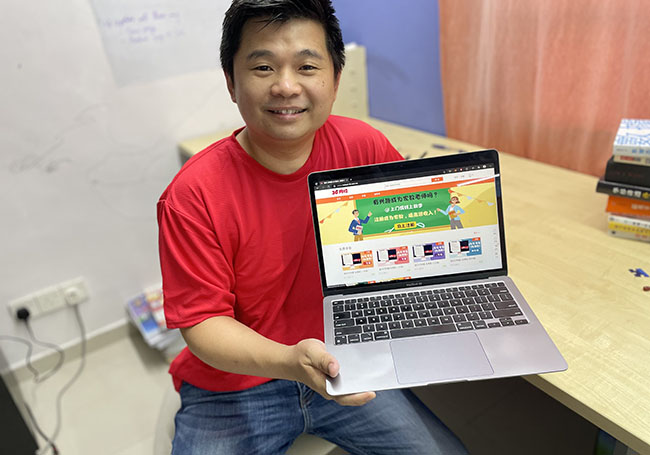
Parents, including myself, have become some of the most vocal advocates for supplementary lessons that can upskill children in ways that school classrooms cannot.
The quality of education provided by tuition centres is also often expected to surpass that of schools so that children glean and retain information more effectively.
Having developed education technology services for five years, I firmly believe this is an opportunity waiting to be seized by tuition providers.
Evolving alongside parents and students ensures that tuition centres remain a pivotal part of an ever-changing educational landscape.
Bridging the Disconnect Between Students and Educators
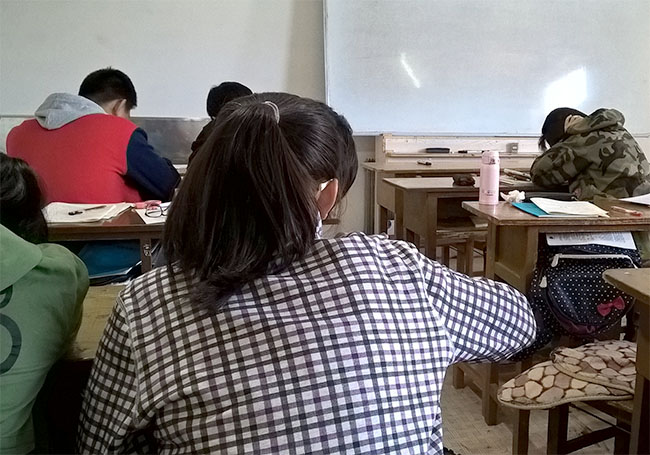
If anything, the last two years pandemic-induced shift to digital learning has taught us that students thrive when interacting with their peers and teachers in person.
While virtual classes and online sessions have made learning more mobile and accessible, the distance and nature of the medium have exacerbated the disconnect between students and teachers.
Some common factors contributing to the disconnect include distractions from other sources, lack of immediate feedback from educators, and social isolation from their peers.
Ironically, a fundamental weakness of online earning models shared by the school and tuition classrooms: teaching too many students simultaneously.
It is not uncommon for classes to have 40 or 50 students operated by a single teacher.
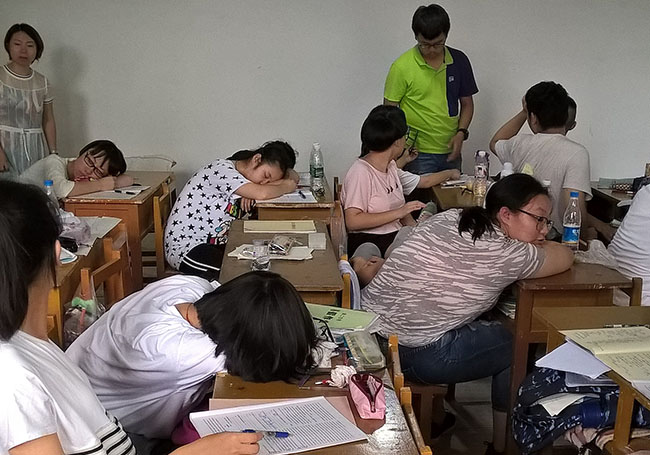
The debate here, then, is no longer on whether virtual learning is superior to the traditional classroom but on how we can circumvent this disconnect afflicting both.
The answer: personalised learning in smaller, face-to-face groups.
Through this model, teachers will only handle a few students at any time.
Fewer students mean teachers could give greater attention to each child and tailor lesson plans to their individual needs earlier, leading to more focused and conducive learning.
Besides fostering an environment of more excellent communication between teachers and students, these smaller groups also allow teachers to supervise the classroom more effectively.
This option can be vital in maximising tuition classes where each session is only an hour or two long.
Embracing Soft Skills, Arts, and Extracurricular Learning

The Malaysian education system has begun steering away from the emphasis on exams by replacing UPSR with school-based assessments and abolishing the PT3 exams.
Rather than focusing solely on their ability to memorise information, students can instead put to use a wider variety of skills, from critical thinking and communication to sports and the arts.
As demand for a more holistic, “quality-over-quantity” education continues to rise, this is a prime opportunity for tuition providers to expand their classes beyond traditional academic subjects.
For instance, lessons in music, public speaking, art, or philosophy—while not directly used in an academic sense.

These lessons will give students an edge by naturally honing their critical thinking, presentation skills, and artistic mastery.
Although reworking the existing business model and onboarding specialised teachers with the right expertise may be an extensive endeavour.
However, tuition centres can play a niche role in nurturing more well-rounded students when done right.
Tuition teachers can become mentors that prepare children for more varied opportunities and avenues in the future.
Supplementing Tuition Classes With Digital Solutions
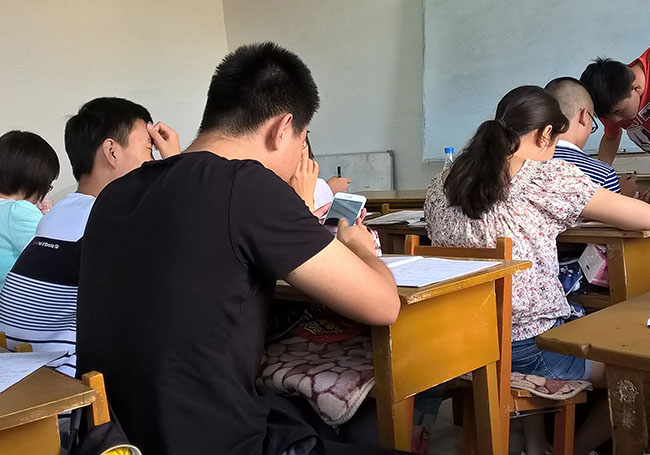
While offline tuition classes are where a large part of the magic happens with vital student-teacher interactions, the existing online infrastructures built to weather the pandemic still play a crucial part in a holistic learning strategy.
Rather than choosing between them and having one replace the other, online learning and digital solutions can and should be used to complement offline classes to maximise efficiency and results.
When implemented correctly, a dual-learning management system will help students learn more efficiently and help teachers streamline their syllabi.
Students who have missed crucial classes can easily log into a portal or intranet to revisit a topic or even refer to online notes to conduct their revision before an upcoming exam.
Teachers can easily track each student’s assignment progress and performance and effectively tackle their weaknesses.

Building a social media presence can also be incredibly beneficial for tuition providers.
Having a Facebook or Instagram profile enables centres to be more easily accessible to the tech-native students of today while also bringing together a community of like-minded parents.
With the abundance of features available for page owners and managers, such as polls and status updates, educators can always use them to facilitate discussions and make learning more interactive.
All in all, like any other industry that has been around for a long time, tuition centres must be proactive in embracing and initiating change to remain competitive.
As teachers are the catalysts of success for the trailblazers and trendsetters of tomorrow, it is only fitting that we, as educators, also stay ahead of trends in education.
There is a need to diversify and approach education constantly as it ensures our children grow up as well-rounded individuals while cementing the crucial part tuition providers play in fostering that holistic environment and the education sector as a whole.











